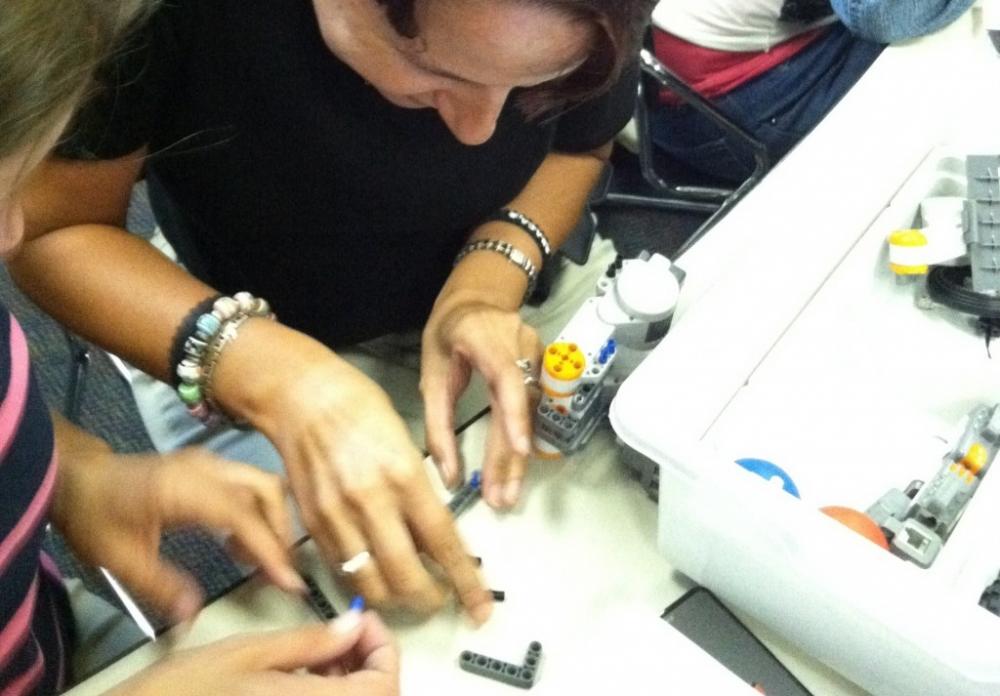
Section Branding
Header Content
Growing STEM in the Southeast
Primary Content

The Southern Education Desk posted an article this morning about the growing trend of STEM (Science, Technology, Engineering, and Math) in education. The article highlighted a particular element, a STEM Academy, which is new in Tennessee.
One of the basic ideas behind this re-focused education format is to teach students in a way that they can be actively engaged in learning the information, processing it with critical thinking and high level literacy skills so that they are proficient, productive citizens upon graduation. With more and more careers dependent on technology, the idea is to prepare a better equipped work force for a healthier economy and community in the future.
During the Fast Forward film shoot last week, I met dozens of Georgia middle and high school students and asked each of them their favorite subject. The answer, overwhelmingly, was “science.” When asked why, the answer was that they had fun with science, they enjoyed seeing “the stuff so it made sense.” Exactly!
The differences in pedagogy in my secondary and post-secondary education experience can be summed with two words, “critical thinking.” Maybe my teachers were throwing it at me rapid fire and I just didn’t get it, but it wasn’t until college that I saw that I would need to mesh the genres of science and language arts and math and the arts in order to fully grasp and apply all of the information I was receiving. This is the idea behind the Common Core that is being implemented incrementally in a matter of months. It is clear in the training sessions that this is a main objective in the project.
As GPB News reported this morning, manufacturing jobs are once again on the rise in Georgia. The best way for us as citizens to respond and encourage that job growth is to be prepared and to help prepare individuals who are ready with the job skills necessary to fulfill every job opening available. The Governor and State legislatures can do only so much with tax incentives. As educators, we must engage our students’ curiosity and excitement for learning. Even students who are passionate about the arts and literature will need the application and problem solving skills that come with a STEM education.





